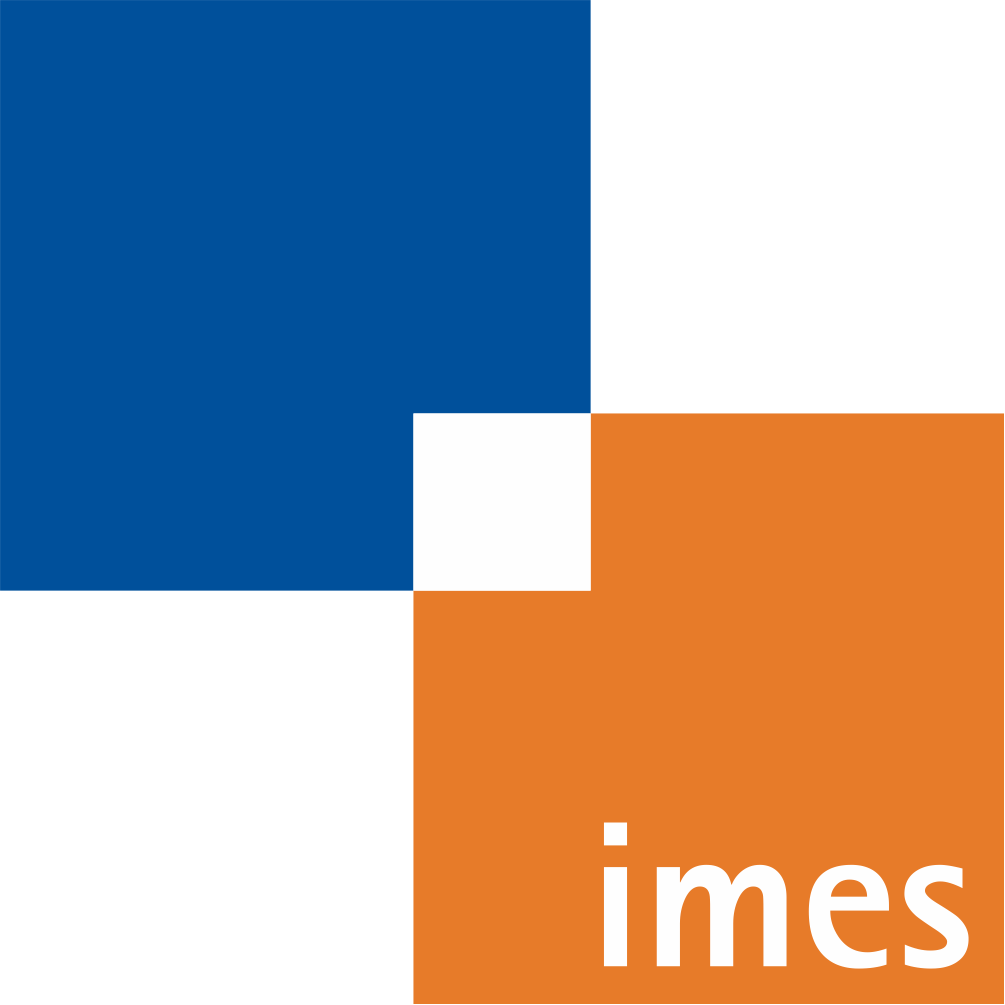Map Management Approach for SLAM in Large-Scale Indoor and Outdoor Areas
- verfasst von
- Simon Friedrich Gerhard Ehlers, Marvin Stuede, Kathrin Nülle, Tobias Ortmaier
- Abstract
This work presents a semantic map management approach for various environments by triggering multiple maps with different simultaneous localization and mapping (SLAM) configurations. A modular map structure allows to add, modify or delete maps without influencing other maps of different areas. The hierarchy level of our algorithm is above the utilized SLAM method. Evaluating laser scan data (e.g. the detection of passing a doorway) triggers a new map, automatically choosing the appropriate SLAM configuration from a manually predefined list. Single independent maps are connected by link-points, which are located in an overlapping zone of both maps, enabling global navigation over several maps. Loop- closures between maps are detected by an appearance-based method, using feature matching and iterative closest point (ICP) registration between point clouds. Based on the arrangement of maps and link-points, a topological graph is extracted for navigation purpose and tracking the global robot's position over several maps. Our approach is evaluated by mapping a university campus with multiple indoor and outdoor areas and abstracting a metrical-topological graph. It is compared to a single map running with different SLAM configurations. Our approach enhances the overall map quality compared to the single map approaches by automatically choosing predefined SLAM configurations for different environmental setups.
- Organisationseinheit(en)
-
Institut für Mechatronische Systeme
- Typ
- Aufsatz in Konferenzband
- Seiten
- 9652-9658
- Anzahl der Seiten
- 7
- Publikationsdatum
- 2020
- Publikationsstatus
- Veröffentlicht
- Peer-reviewed
- Ja
- ASJC Scopus Sachgebiete
- Software, Steuerungs- und Systemtechnik, Artificial intelligence, Elektrotechnik und Elektronik
- Elektronische Version(en)
-
https://doi.org/10.15488/10360 (Zugang:
Offen)
https://doi.org/10.1109/icra40945.2020.9196997 (Zugang: Geschlossen)
